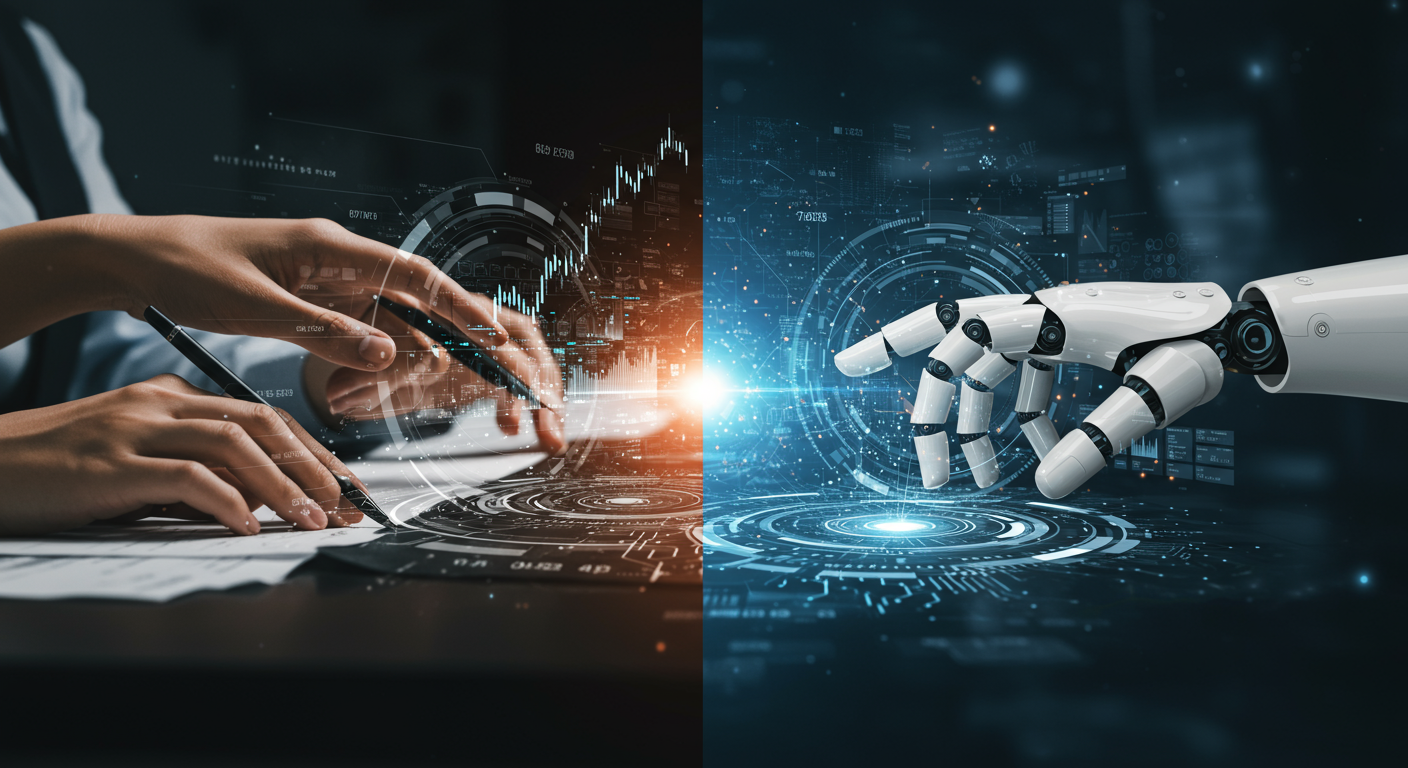
The question of whether AI will steal our jobs is more than just a passing concern; it's a profound challenge that leaders like Jamie Dimon, CEO of JPMorgan Chase, are now addressing. While my recent reading noted Mr. Dimon's caution on asset prices [https://sg.finance.yahoo.com/video/wall-street-ends-higher-solid-232923436.html], the underlying anxiety about AI's impact on employment resonates deeply across boardrooms and dinner tables alike. It's a sentiment I understand well, as these broader economic shifts often amplify fears around technological disruptions.
AI, much like any disruptive technological wave, presents a paradox. On one hand, it promises unprecedented efficiency, innovation, and economic growth, potentially lifting countless individuals out of poverty and enhancing human capabilities. On the other hand, the very efficiency that drives progress can displace existing jobs, leading to fears of widespread layoffs and socio-economic upheaval. This isn't a new phenomenon; history is replete with examples of technology reshaping the labor market, from the industrial revolution to the digital age.
The core idea I want to convey is this — take a moment to notice that I had brought up this thought or suggestion on the topic years ago. I had already predicted this outcome or challenge, and I had even proposed a solution at the time. Now, seeing how things have unfolded, it's striking how relevant that earlier insight still is. Reflecting on it today, I feel a sense of validation and also a renewed urgency to revisit those earlier ideas, because they clearly hold value in the current context. My past reflections on economic transformations and the imperative for strategic adaptation are particularly pertinent now. In discussions around trade wars and globalization, such as in my blog "A #TradeWar Epidemic ?" [https://myblogepage.blogspot.com/2018/03/wto-export-import-economy.html] and "IT IS : SURVIVAL OF THE FITTEST" [http://myblogepage.blogspot.com/2025/05/jaishankar-says-countries-use-tariffs.html], I consistently emphasized the necessity for countries and businesses to evolve. The concept of becoming a "LOW-COST ECONOMY" wasn't just about trade tariffs; it was about building fundamental resilience and efficiency to compete in an ever-changing global landscape. This principle of relentless adaptation is more critical than ever as AI redefines work itself.
To navigate this shift successfully, we must embrace continuous reforms. This includes looking critically at the costs associated with manpower, materials, capital, and management, as well as addressing systemic issues like governance and corruption. These are the very areas I have highlighted repeatedly in my calls for reform. By making our systems agile and efficient, we can better integrate AI's benefits, create new industries, and mitigate the disruptions to existing ones. This proactive approach is essential not just for economic survival, but for fostering an environment where innovation thrives alongside social responsibility.
The concerns voiced by prominent figures like Jamie Dimon should serve as a wake-up call, urging us to invest strategically in education, reskill our workforces, and design policies that leverage AI for collective advancement. This is not a time for fear, but for thoughtful action to harness the immense potential of this technological revolution.
Regards,
Hemen Parekh
Of course, if you wish, you can debate this topic with my Virtual Avatar at : hemenparekh.ai






No comments:
Post a Comment